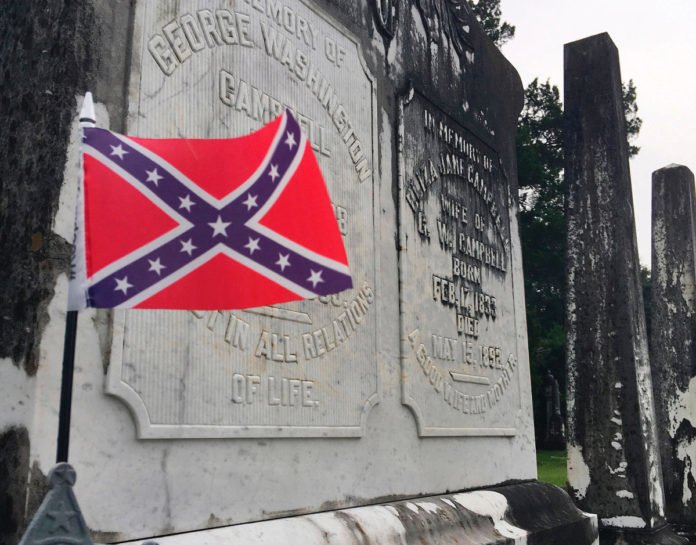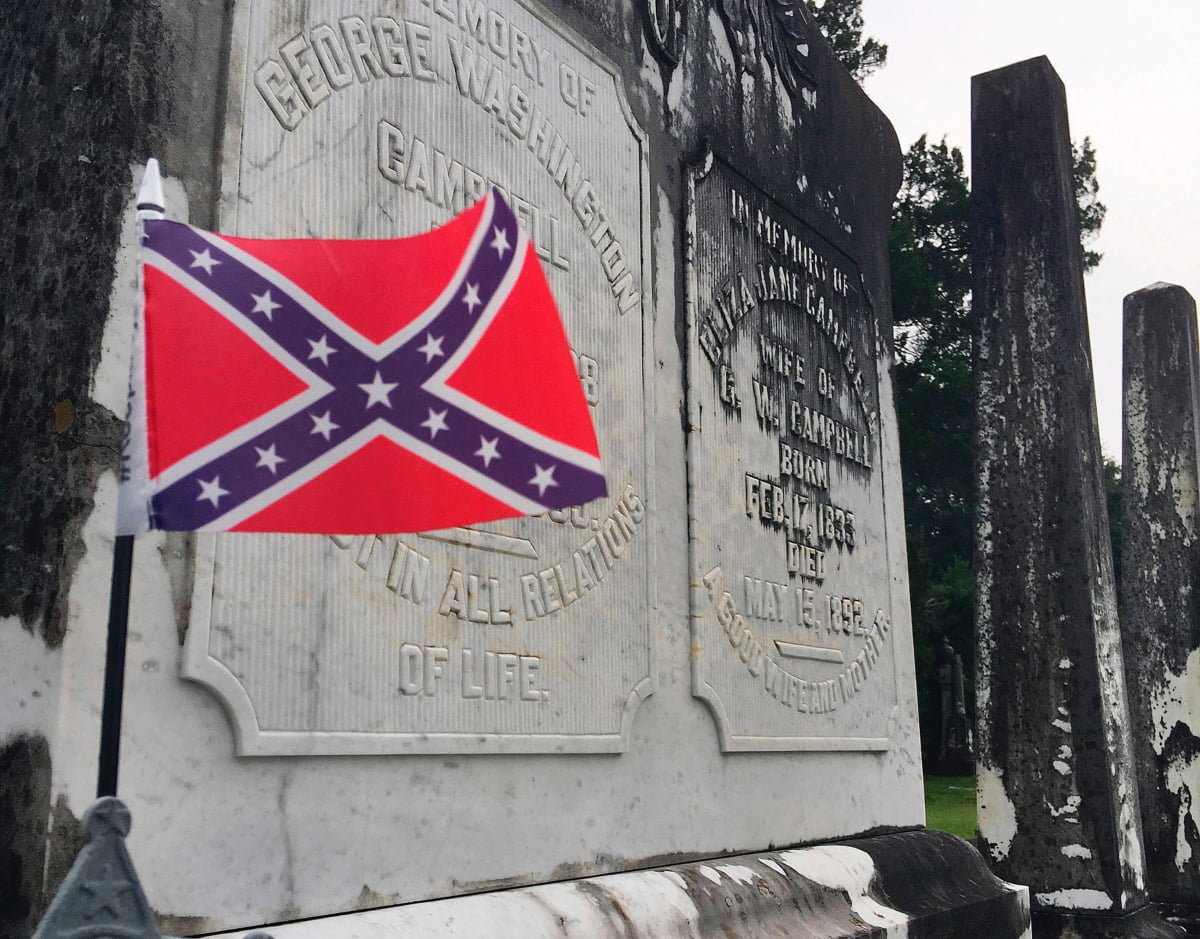[ad_1]

According to a new research study, southern whites are more likely to harbor unconscious racial bias against Blacks that stem from times of the region’s dependence on slavery, well over a century ago
The environment of someone could foster their racism and prejudice, the study purports, according to Pacific Standard magazine. The question of whether one region’s deep roots in racism has a strong link with “the implicit, or unconscious, bias of its current-day inhabitants” is examined.
READ MORE: Angry white woman points gun at Black couple enjoying Mississippi lake
Based on the report, white people do hold a higher rate of bias against Blacks; “counties and states more dependent on slavery before the Civil War display higher levels of pro-white implicit bias today,” a research team led by University of North Carolina psychologist B. Keith Payne wrote in the Proceedings of the National Academy of Sciences.
Payne’s team determined it “may be better understood as a cognitive manifestation of historical and structural inequalities” than as something that is “solely a feature of individual minds.”
“Counties and states with a higher proportion of their populations enslaved in 1860 had greater anti-Black implicit bias among white residents,” the researchers report.
Researchers found, for whites, unconscious bias “was associated with [1860] slave populations, but not with modern Black populations.”
“Structural inequalities cue biased thoughts, which may in turn lead to greater inequalities,” the researchers wrote.
READ MORE: ‘We still have a terribly inequitable system’: Study finds $23 billion school funding disparity
The states that had the highest levels of slaves 160 years ago were found to be the most biased and have high levels of racial segregation still today, researchers found. Those states also have the greatest number of impoverished Blacks. And those conditions are linked to implicit bias
They report that counties and states with a greater percentage of slaves 160 years ago have higher levels of racial segregation today, as well as a higher proportion of Blacks living in poverty. Further analysis revealed that such conditions are linked to implicit bias and the belief that Blacks are less intelligent or lazier than whites.
In order to enact change, the researchers contend that “more attention should be given to modifying social environments, as opposed to changing the attitudes of individuals.”
Read more about the report here.
[ad_2]
Source link

